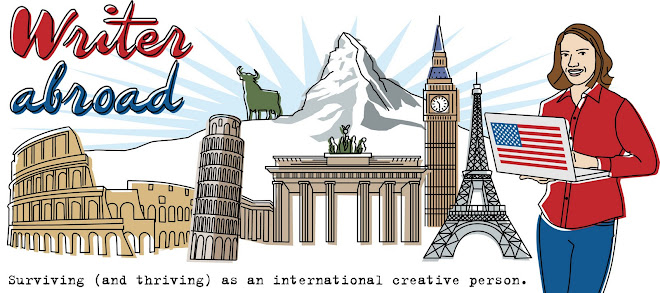
I’ve discovered a new way to really get to know a character: write their Facebook profile.
Start with the basics: their job, where they went to school, what languages they speak, where they’re from and when they were born.
Then you can move on to their philosophy, the books and movies they like, their political views and their activities and interests.
Also revealing can be the photos they might post of themselves. And who are their friends? And who are the friends that are pending that your character might reject?
Are there events coming up in their life? What websites does your character link to? And how would they describe themselves in an “about me” summary?
Probably the most fun is their wall. What do they write in their status updates? Do they write their entire life story? Do they just post links to interesting stories? Write a page of status updates and find out.
Answer these questions and more and if your experience is anything like mine, you’ll be well on your way to creating an in-depth character. Now that's a definite Like.
Do you have an interesting method for writing character sketches?




